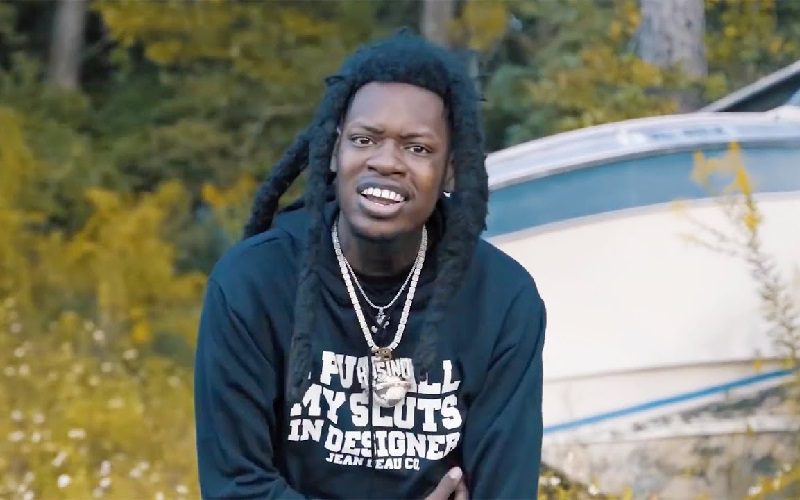
Foolio is one of the most controversial rappers around. The Jacksonville drill rapper is known for upsetting his opps and writing songs about his dead enemies. “When I See You” enraged many as it provided a chill vibe for the casual listener, all the while Foolio rapped about a tragic shooting that took the lives of three young men and nearly killed Yungeen Ace. Julio Foolio previously proclaimed that he’s just an entertainer, but now his attorney might be punching the air as he claims that drill rap is about real sh*t going down; all the while he also gave credit to Chicago for innovating the genre.
The drill music movement in rap has become a nationwide phenomenon. The Chicago style has become incredibly influential in all corners of the scene. The New York City drill community has even come under fire and faces radio bans due to the violent lyrical content of the genre.
Drill is a diverse style and is difficult to define under one tent. Florida rapper Foolio gave it his best shot recently. The genre, he said, is not about a homogenized style of music or a type of beat. Foolio pointed out on his Instagram Story that drill comes from real experiences on real streets.
“It’s different categories of drill rap it’s not just a beat. If that’s the point Chicago artists wasn’t using New York type drill beats in 2011-2012 but it was still classified as drill rap they started that movement fasho …every state got the own lingos and own styles of drill rap And without the streets and events that took place in the streets there would be no such things as drill rap.
It didn’t start from a certain instrumental it started from gangster sh*t happening in the streets And artists start rapping about drills , sliding , dead people etc in there songs that’s wat made it drill rap it started in Chicago and expanded everywhere.”
Some London drill rap fans might want to chime in to refute Foolio’s idea of where the genre came from, but his point was still sufficient enough.
New York Mayor Eric Adams recently condemned drill at a press conference. Adams called for music distributors, radio, and streaming platforms to remove violent music from their services. Rappers contend that they’re just expressing their life experiences artistically.
The future of drill rap is up in the air. Advocates for freedom of expression believe that defending drill is an important fight. Those with more conservative views believe the controversial style leads to further violence. Things could get extremely interesting in the next year or so as drill gets more extreme and elected officials become more interested in stopping it.
What do you think of this story? Let us know in the comments!
